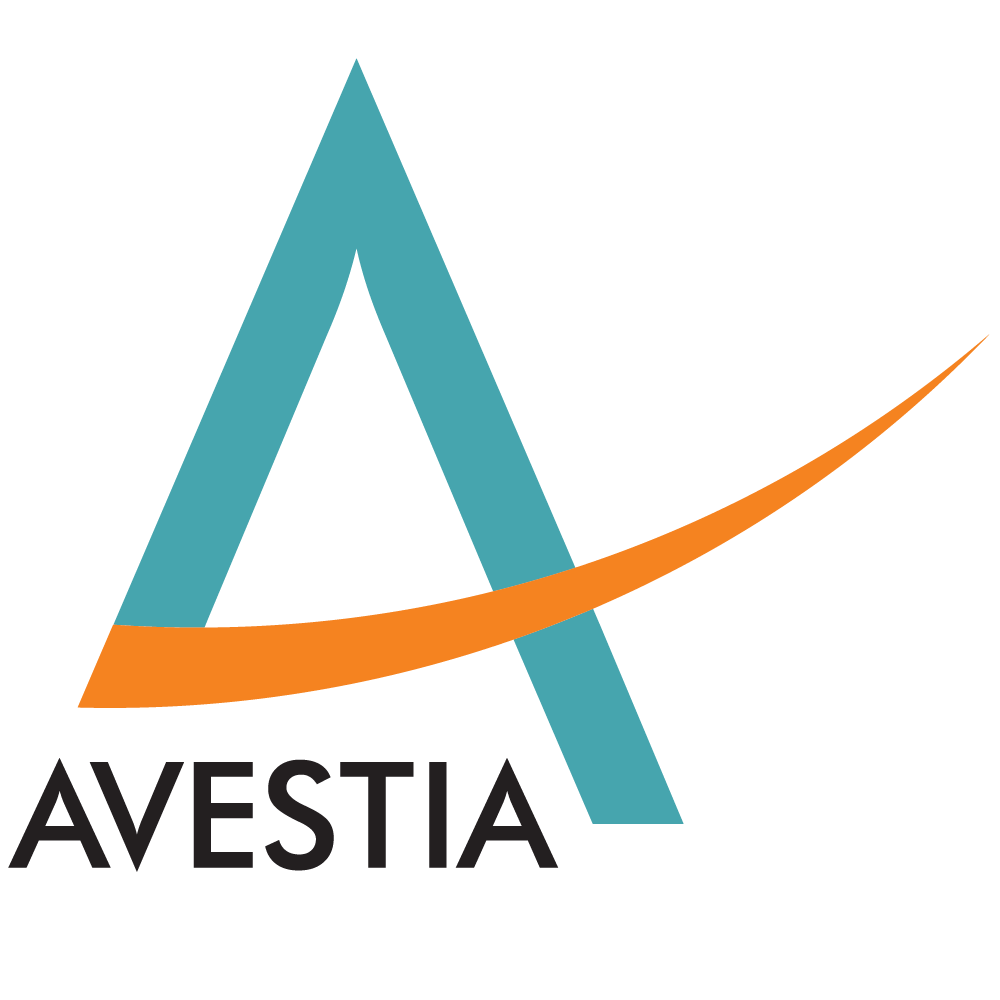5th International conference on Structural Engineering and Concrete Technology (ICSECT'20)
October 18, 2020 - October 20, 2020 | Lisbon, Portugal
Due to COVID'19 pandemic it held VIRTUALLY
The 5th International conference on Structural Engineering and Concrete Technology (ICSECT'20) held Virtually on October 18-20, 2020. ICSECT'20 has been completed with great success and this would not have been possible without the dedication and help of the organizers, the chairs and keynote speakers, scientific committee members, and all participants. Many thanks for their continuous support.
Submissions
Submissions were in the form of extended abstracts, short papers, and full manuscripts.
- all submitted papers were peer-reviewed
- the conference proceedings were published under an ISSN and ISBN number
- each paper were assigned a unique DOI number by Crossref
- the conference proceedings were indexed by Scopus and Google Scholar
- the proceedings were permanently archived in Portico (one of the largest community-supported digital archives in the world).
Congress Chair
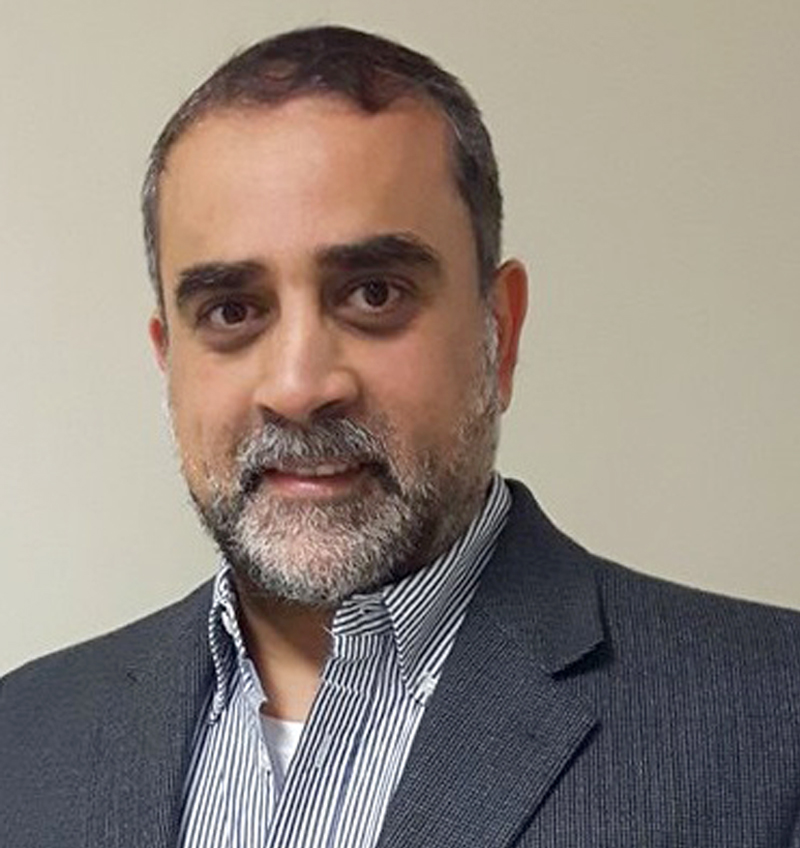
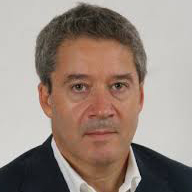
Dr. Joaquim Barros
Institute for Sustainability and Innovation in Structural Engineering, University of Minho, Portugal
Conference Co-Chair
Keynote Speakers
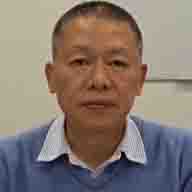
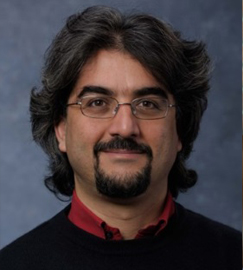
Invited Speaker
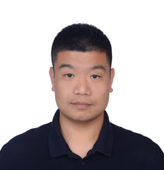
Scientific Committee Members
Dr. Michele Barbato, University of California, Davis, USA
Dr. Chia-Ming Chang, National Taiwan University, Taiwan
Dr. Arnaud Castel, University of Technology Sydney, Australia
Dr. Nawawi Chouw, University of Auckland, New Zealand
Dr. Markus Dann, University of Calgary, Canada
Dr. Behzad Esmaeili, George Mason University, USA
Dr. Bassam A. Izzuddin, Imperial College London, UK
Dr. Ali Karrech, University of Western Australia, Australia
Dr. Thomas Keller, Ecole Polytechnique Federale de Lausanne, Switzerland
Dr. Venkatesh Kodur, Michigan State University, USA
Dr. Tribikram Kundu, University of Arizona, USA
Dr. Beatriz Martin-Perez, University of Ottawa, Canada
Dr. M. Shamim Miah, International University of Business Agriculture and Technology (IUBAT), Bangladesh
Dr. J.N. Reddy, Texas A&M University, USA
Dr. Piervincenzo Rizzo, University of Pittsburgh, USA
Dr. Sami Tabsh, American University of Sharjah, UAE
Dr. Kejin Wang, Iowa State University, USA
Dr. Xue Zhang, Dalian University of Technology, China
Dr. Wenxing Zhou, University of Western Ontario, Canada
Symposium on Forensic Engineering
The objective of the symposium is to provide an overview of the forensic (civil) engineering science, to review the latest investigation techniques adopted in this sector, and to discuss the non-engineering aspects of structural and geotechnical failures. A number of internationally renowned speakers representing the spectrum of disciplines typically involved in the forensic engineering business will be sharing their knowledge with the symposium attendees. The speakers will have a chance to discuss some of the notable case studies they had a chance to investigate. In addition to practicing engineers and university professors, lawyers and insurance specialists will share with the audience the legal and financial aspects of engineering failures. The symposium will include seven 30-minutes presentations, followed by a moderated question and answer period with the panel.
Dr. Ahmed Fahmy
Symposium Chair
30 Forensic Engineering, Canada
Energy and Environment Assessment based on Remote Sensing and Machine Learning
• Remote Sensing
• Environment Analysis
• Machine Learning Methodologies
• Satellite Image Processing
• Forecasting
• Big Data Analysis
• Artificial Intelligence
• Detection analysis and GIS
• Renewable Energy Source AssessmentMeysam Majidi Nezhad and Azim Heydari
Symposium Chairs, PhD Candidates
Sapienza University of Rome, Italy
Best Paper Award Winners
We would like to congratulate the following authors for winning the Best Paper Award:
- Dr. Soha Elkassas for the paper entitled: "A Hybrid Force/displacement Performance-based Seismic Design Procedure for RC Frames"
- Eskinder Desta Shumuye for the paper entitled: "Mineral Slag used as an Alternative of Cement in Concrete"
- Burak Duran for the paper entitled: "Superelastic Cyclic Properties of Cu-Al-Mn and Ni-Ti Shape Memory Alloys for Seismic Mitigation"






